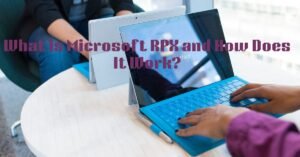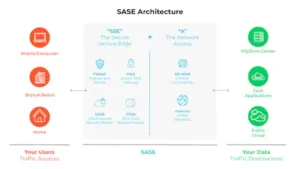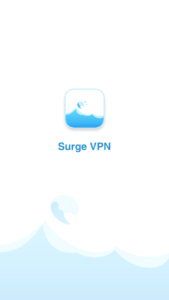Who Should Consider Migrating from Microsoft Great Plains Now?

Microsoft Great Plains, a popular enterprise resource planning (ERP) solution, has been a key tool for businesses over the years. However, with advancements in technology and evolving business needs, many companies are now considering migration to more modern solutions. But the question remains—who should consider migrating from Microsoft Great Plains now?
1. Businesses Facing Scalability Issues
As businesses grow, their ERP systems need to scale accordingly. If your organization is outgrowing the capabilities of Microsoft Great Plains, such as handling more users, larger volumes of transactions, or expanding into new markets, it may be time to look for a more scalable ERP solution. Modern systems offer better flexibility and the capacity to scale seamlessly without the limitations Great Plains may present.
2. Companies Needing Cloud Integration
Microsoft Great Plains is primarily an on-premise solution, which may not align with the growing preference for cloud-based systems. Companies looking to leverage cloud advantages—such as real-time access, automatic updates, and cost-effective infrastructure—should consider migrating to a cloud-native ERP solution. Cloud-based platforms like Microsoft Dynamics 365 provide more robust integrations and better accessibility, especially for remote teams.
3. Organizations Seeking Better User Experience
The user interface (UI) of Microsoft Great Plains can feel outdated compared to modern ERP systems. Businesses looking to enhance their team’s productivity and satisfaction may want to migrate to a solution that offers a more intuitive and user-friendly experience. Modern ERP solutions come with advanced dashboards, simplified workflows, and mobile access, providing a better overall experience.
4. Companies with Limited Support for Future Updates
Microsoft Great Plains, while still supported by Microsoft, may not receive the level of innovation and updates required to keep up with changing business needs. For companies wanting access to cutting-edge technology, ongoing product improvements, and future-proof solutions, migrating to a more current platform is crucial.
5. Businesses Needing Advanced Analytics and Reporting
Many businesses using Microsoft Great Plains find that their reporting capabilities are limited compared to newer ERP solutions. If your company requires advanced analytics, better reporting features, and real-time data insights to drive decision-making, migration could provide the tools needed for a more data-driven business strategy.
6. Companies Struggling with Maintenance Costs
Maintaining an on-premise ERP system like Great Plains can become costly, especially with the need for hardware, IT resources, and ongoing software maintenance. Companies looking to reduce operational costs and streamline their IT infrastructure should consider a cloud-based ERP solution, which often comes with lower total ownership costs and reduced reliance on internal IT staff.
7. Organizations in Need of Integration with New Technologies
As businesses evolve, the need to integrate with new technologies such as artificial intelligence (AI), machine learning (ML), and the Internet of Things (IoT) becomes critical. Modern ERP systems offer robust APIs and integration capabilities that allow seamless connection to various business technologies. Companies using Microsoft Great Plains who are seeking such integrations may benefit from migrating to a more flexible and adaptable solution.
Conclusion
Migrating from Microsoft Great Plains is not a decision that should be taken lightly. However, for businesses facing scalability issues, seeking cloud integration, looking to enhance user experience, or needing more advanced capabilities in analytics, reporting, and technology integration, it may be time to consider a migration. The right ERP system will not only support current needs but will also provide a roadmap for future growth and success.









Post Comment